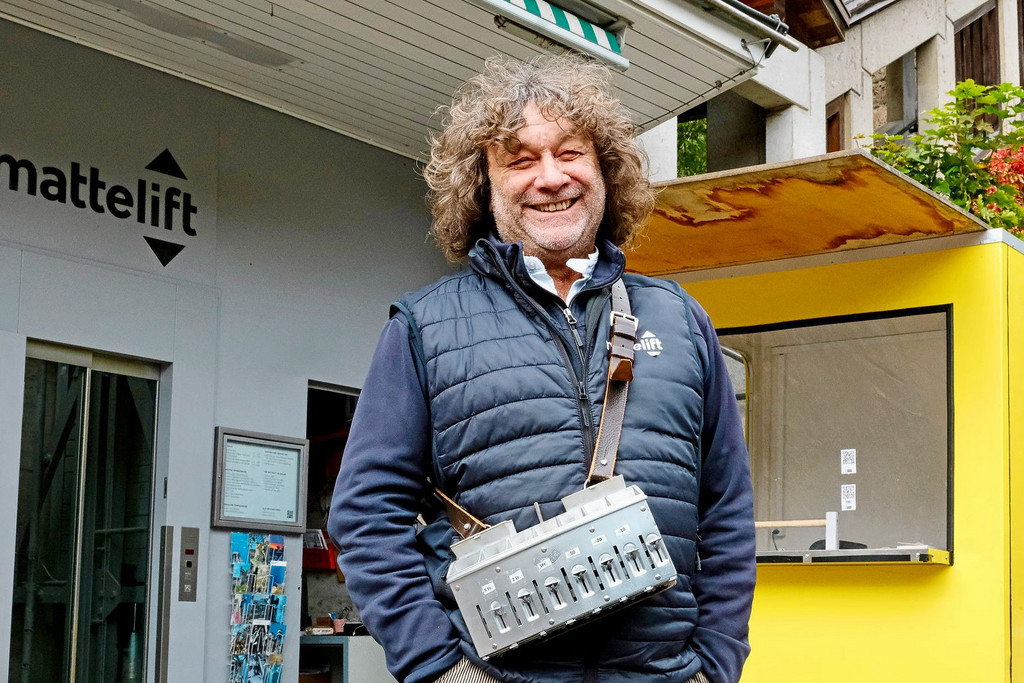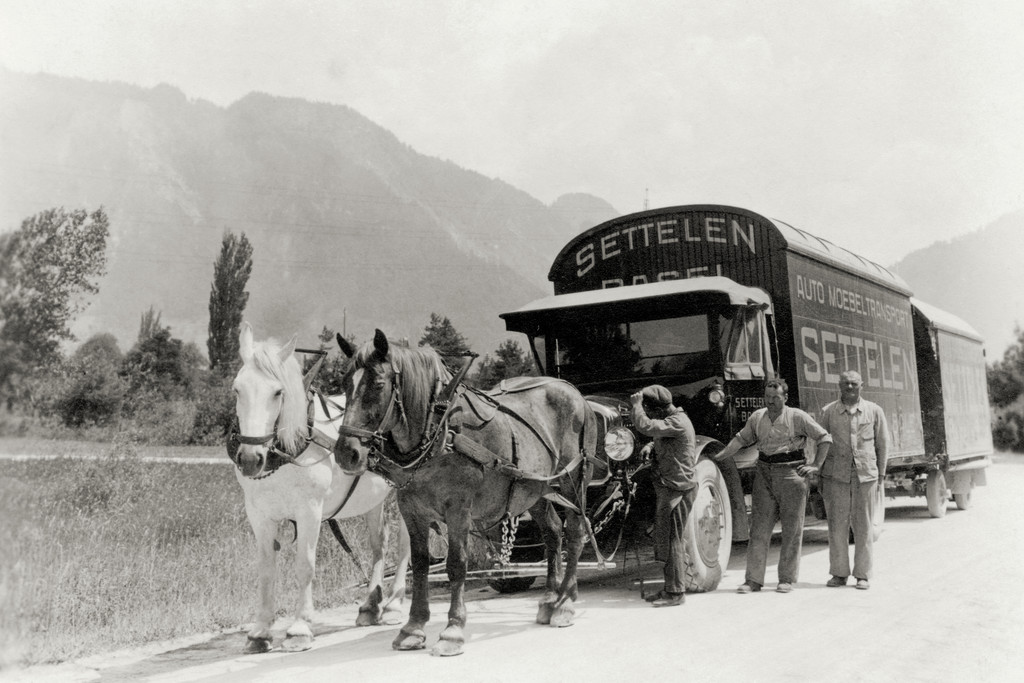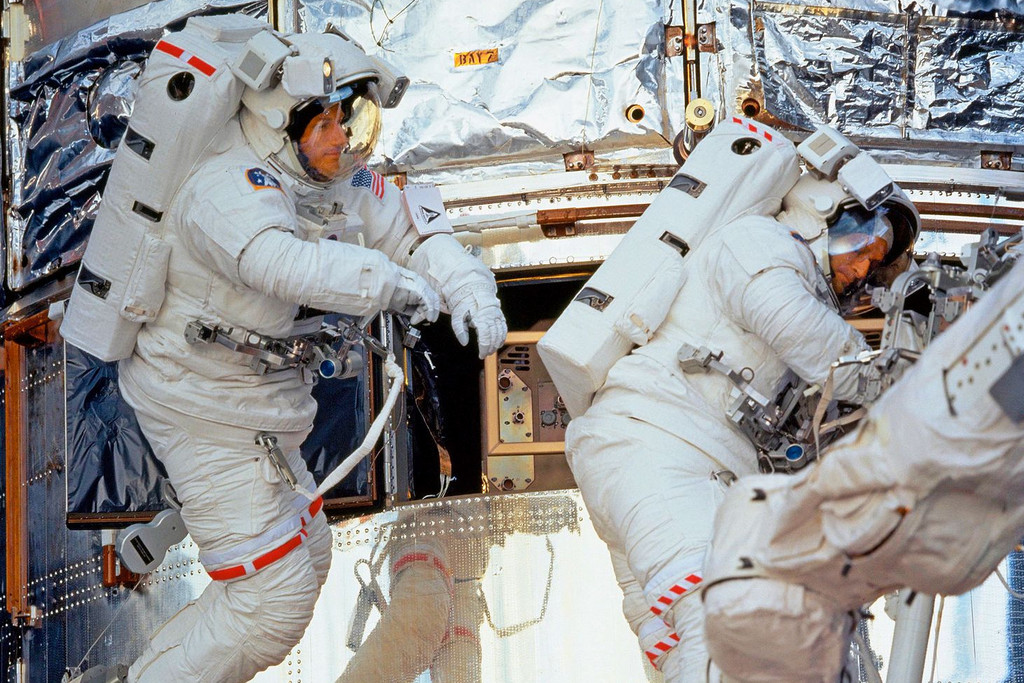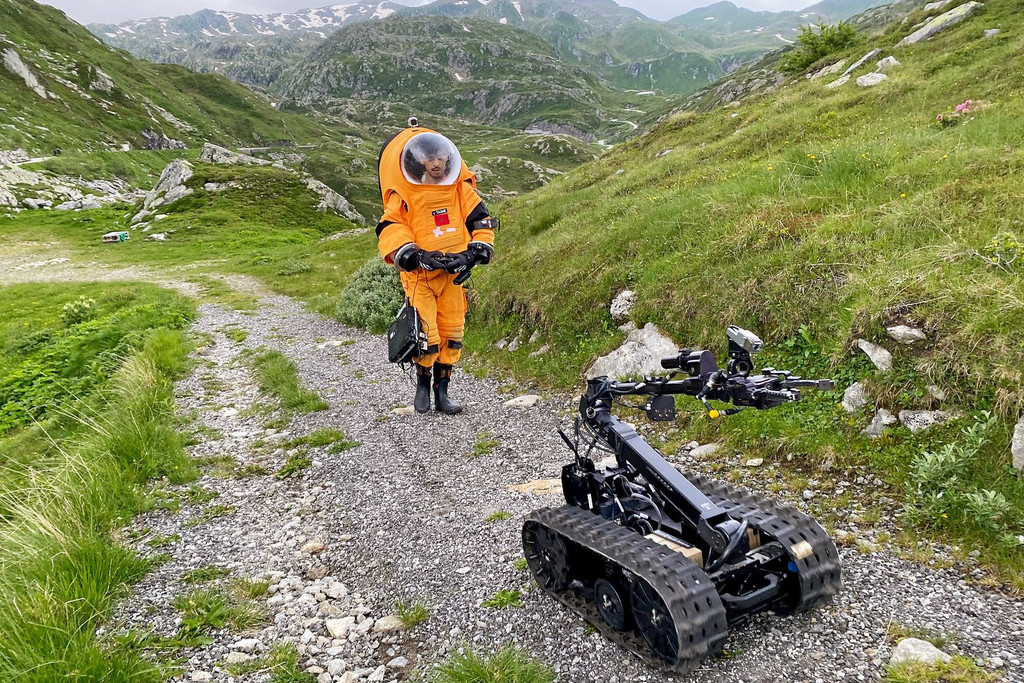Keep dreaming bigger
Where does this interest come from? It is more of a fascination, says Zimmermann as she talks about “people”, who have evolved over millions of years within a “very narrow set of environmental conditions”. She is consumed by the thought that people have always tried to leave “our ecological bubble” to venture “into the unknown”. This desire drives technological development, she says, “allowing us to keep dreaming bigger”.
She is particularly fascinated by the power of the mind. You can train your mind to overcome physical boundaries. “Nonetheless”, she says: “the human psyche is extremely fragile. As people we are irrevocably bound to other people – and dependent on them.”
From a young age, Zimmermann has been keen to push her own boundaries. She signed up for military service, completed her officer training, and participated in endurance exercises. She has also been adventurous as a civilian. She spent 19 days trekking in Nepal, for example, mostly at an altitude of over 4,000 metres in the biting cold and without a change of clothes. This February, she also attended a polar medicine course in Norway on first aid for cold injuries.
“It’s harder to come back from Antarctica than from the International Space Station, even though it’s on the same planet.”
Anna Zimmermann
The driver: curiosity
She has learned a lot through her adventures, both about herself and others. For example, Zimmermann now realises that she likes it “when the daily routine is stripped to the basics, when things are simple. It’s liberating”. She is also keen to point out that she does not do all these things “to tick the right boxes – it’s curiosity that drives me”. This curiosity keeps her pushing the boundaries, including in the direction of space travel over the past few months. “That’s where all my interests converge,” she says. Zimmerman realised this on a visit to the Kennedy Space Center in Florida almost a year ago.
Following this realisation, she began to seek out possible touch points. She came across Concordia research station in Antarctica, which is run by the European Space Agency (ESA), where researchers work in one of the world’s most remote locations. It is almost as if they were in a spaceship. Swiss doctor Jessica Kehala Studer is currently there.




















Comments